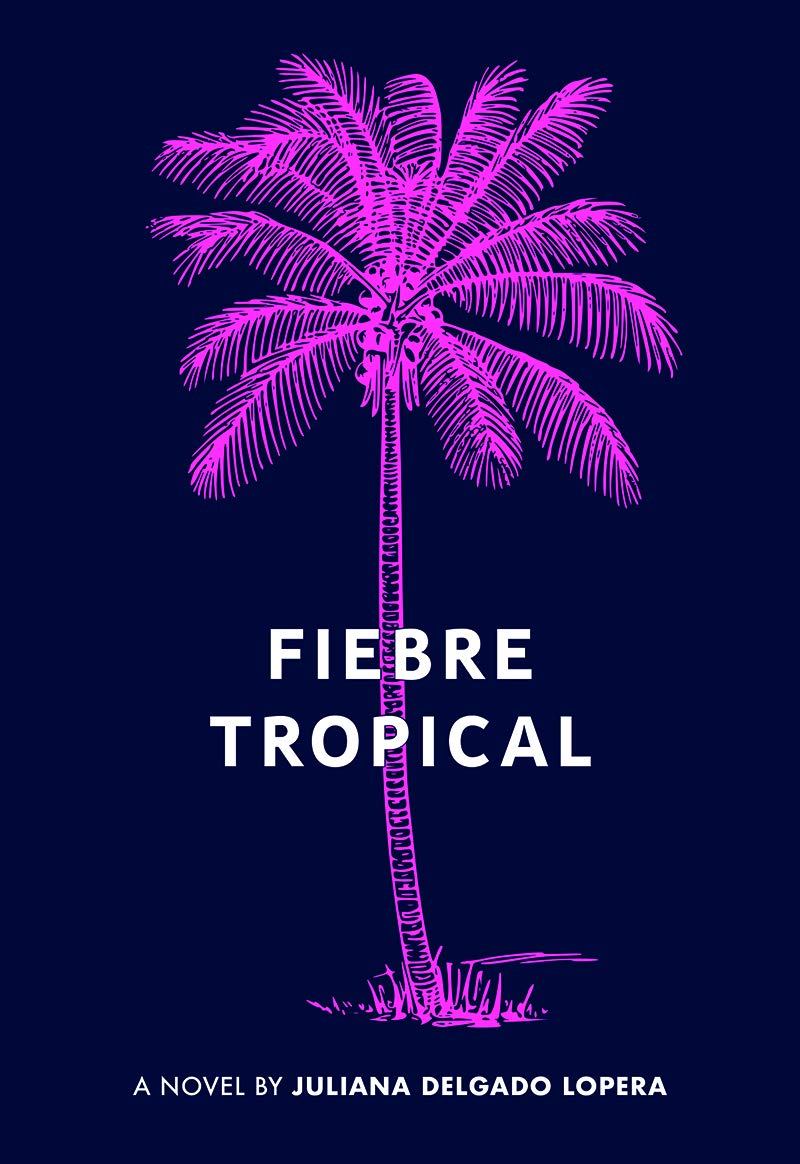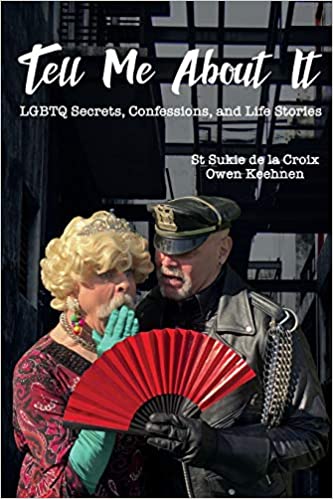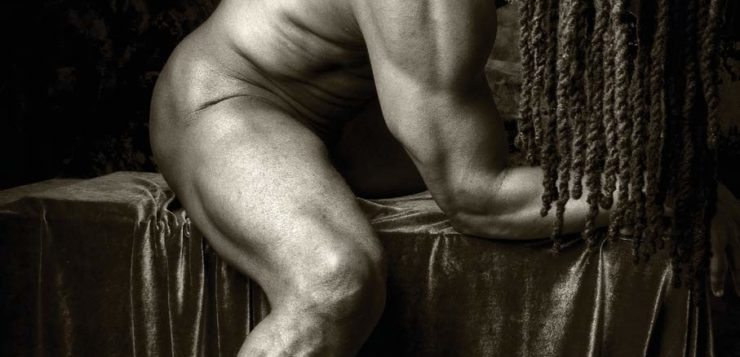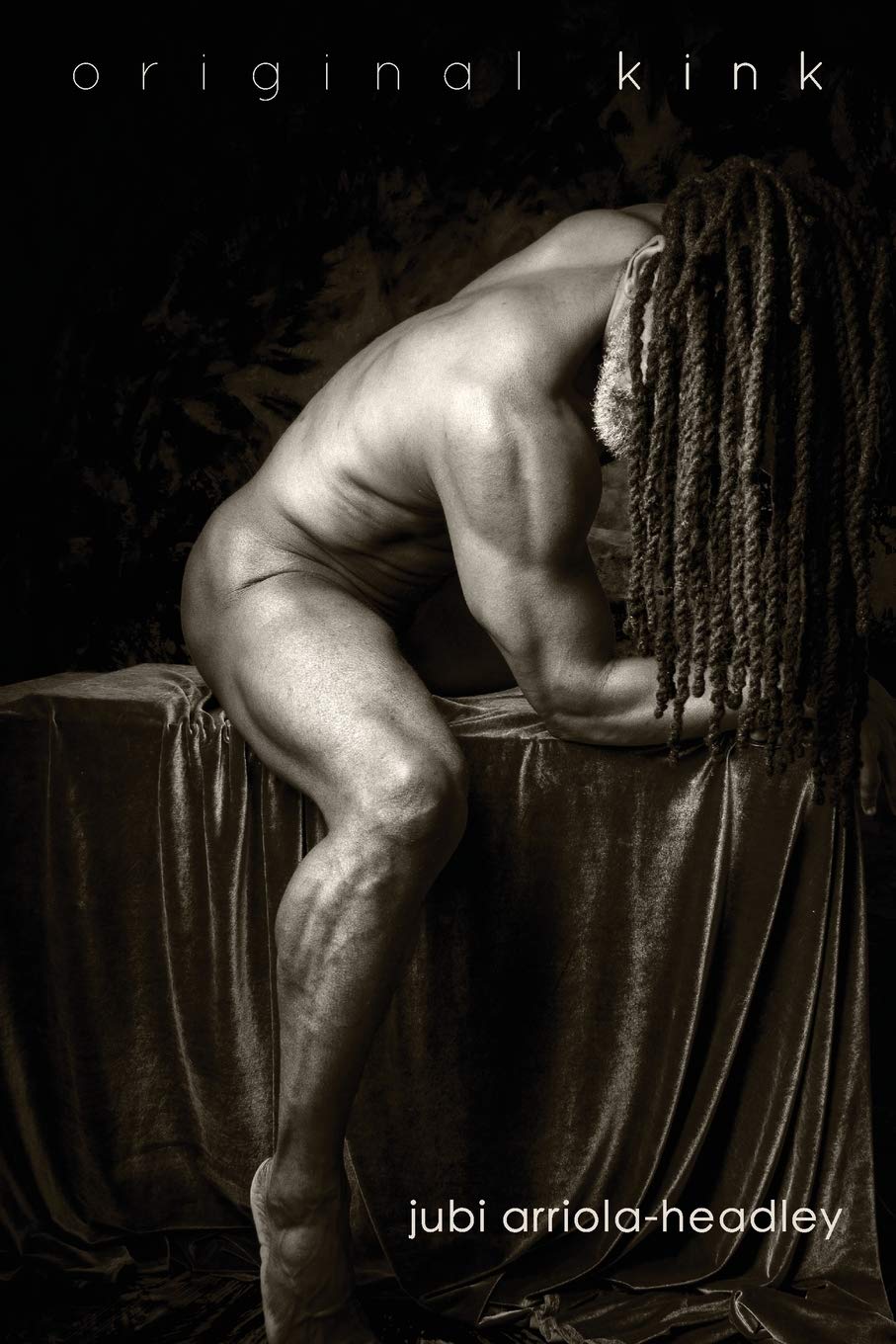 FIEBRE TROPICAL
FIEBRE TROPICAL
by Juli Delgado Lopera
Feminist Press. 283 pages, $17.95
The first novel by spoken-word performer Juli Delgado Lopera (who uses they/them pronouns), Fiebre Tropical is the story of Francisca, a teenager who emigrates with her family from Bogotá, Colombia, to Miami. Judging by Francisca’s fondness for her Discman, it’s probably set in the 1980s or early ’90s.
In her all-female, multi-generational family, the women would “comment on each other’s cellulite and stretch marks like they were another set of accessories.” All except Francisca have converted from Catholicism to Christian Evangelism and attend Sunday services with other Colombians in a hotel conference room in Miami. Francisca resists the whole scene, dresses in all-black Goth style, and reads Sylvia Plath’s poetry to help her learn English. But when Francisca develops feelings for Carmen, a girl a few years older who is seriously involved with the evangelical church, she starts to go along with the program. This gives them a reason to hang out together and have fairly chaste sleepovers. Francisca loses Carmen to the church, and feels forced to take a boyfriend. But she finds that there’s another young woman to whom she’s attracted, and an optimistic outcome is implied.
What distinguishes Fiebre Tropical from so many other coming-of-age novels is the author’s strong and assured authorial voice, as well as extensive use of Spanish. Readers who have little knowledge of the language should not be dissuaded: Lopera finds clever ways to work the meanings of words and phrases into the narrative. That said, a glossary might have been useful as well.
Martha E. Stone
In this tender and tough collection of poems, Jubi Arriola-Headley expands the definition of kink beyond the sexual to his unique first-generation American experience as a black gay Bajan (Barbadian). These poems follow the arc of his life, from the poignant “Daddy” about a little boy at the dog races longing for his father’s love (“I still want Daddy to look at me like he does those dogs/ Like I could win”) to his precocious teen years frequenting porn theaters after his first time at the tender age of fourteen (“that flush and rush of blood/ the moment I knew/ I had him/ (the moment he knew he had me)/ wanting it to be/ water into wine”) and on to his more reflective mature self in “Zero Gravity (4:23AM Remix)”: “But I like these jeans, I’ve had them going on 20 years now & they’re the perfect combination of worn out & broken in, like my dreams, so I fold them nicely & sit on them, so they won’t float away”; and “Confessional” (“Only thing/ I’ve ever/ longed to be/ ain’t rich, or/ famous, or/ thin, or even/ white, but/ naked”). Because the personal is political, his reflections on being black come with a punch, yet a thoughtful, loving one. In “America” he echoes both Whitman and Ginsberg: “This is a dare/ I dare you to love me, America.” For he clearly has given his love, a mature, seasoned one, so eloquently stated in “Eulogy”: “Tell them I loved you. Tell them you betrayed me still. Tell them I forgave. Tell them my name is/ Emmett, Eric, Alton, rage,/ Tamir, Trayvon, joy.”
Trebor Healey
 TELL ME ABOUT IT 3: LGBTQ Secrets, Confession, and Life Stories
TELL ME ABOUT IT 3: LGBTQ Secrets, Confession, and Life Stories
by St. Sukie de la Croix and Owen Keehnen
Rattling Good Yarns Press, 416 pp. $17.95
This is the third installment in a series of books that ask lgbtq people from around the world questions about their lives. Though the title may sound glib, the resulting quasi-oral history is substantive and oddly compelling, because many of the stories and reminiscences are so relatable. Editors de la Croix and Keehnen have assembled a truly impressive array of responses from around the world—everywhere from Pittsburgh to Pakistan, with Chicago and the Midwest being particularly well represented. The questions posed are both personal (“When did you first know you were gay?”) and political (“What do you think about the current assimilation of gay culture?”) as well as cultural (“What movies or TV shows capture your funny or serious side?”). A bit more analysis of the survey data might have been helpful, but the responses are interesting and illuminating nearly anywhere that you dip in (and this is a book that invites random dipping). Tell Me About It is both fun and useful, a window into what gay life is like for people today and as remembered over the past fifty or so years.
Dale Boyer







